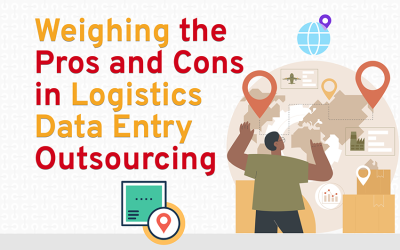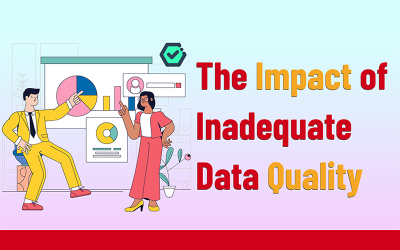Archiving any amount of information for businesses or personal purposes is now easy with scanners. Diverse types of scanners are available to convert paper documents and photographs into a format that can be sent across to anyone over the internet, or be saved for future reference. This makes the scanner a very useful and important invention. However, if buying a scanner and digitizing is expensive for you, and time consuming, consider relying on document scanning companies that can get the task done for you. Scanner types can vary from mobile scanners that are light and portable to high-speed document scanners that come with network connectivity, and flatbed scanners that provide large-format support.
Key features that you must look for when purchasing scanners are bit-depth, resolution, dynamic range, and the scanner’s speed. Scanned and digitized files enable easy sharing of documents, ensure improved business productivity, increased data security, and help cutdown paper management costs.
Check out the infographic below




